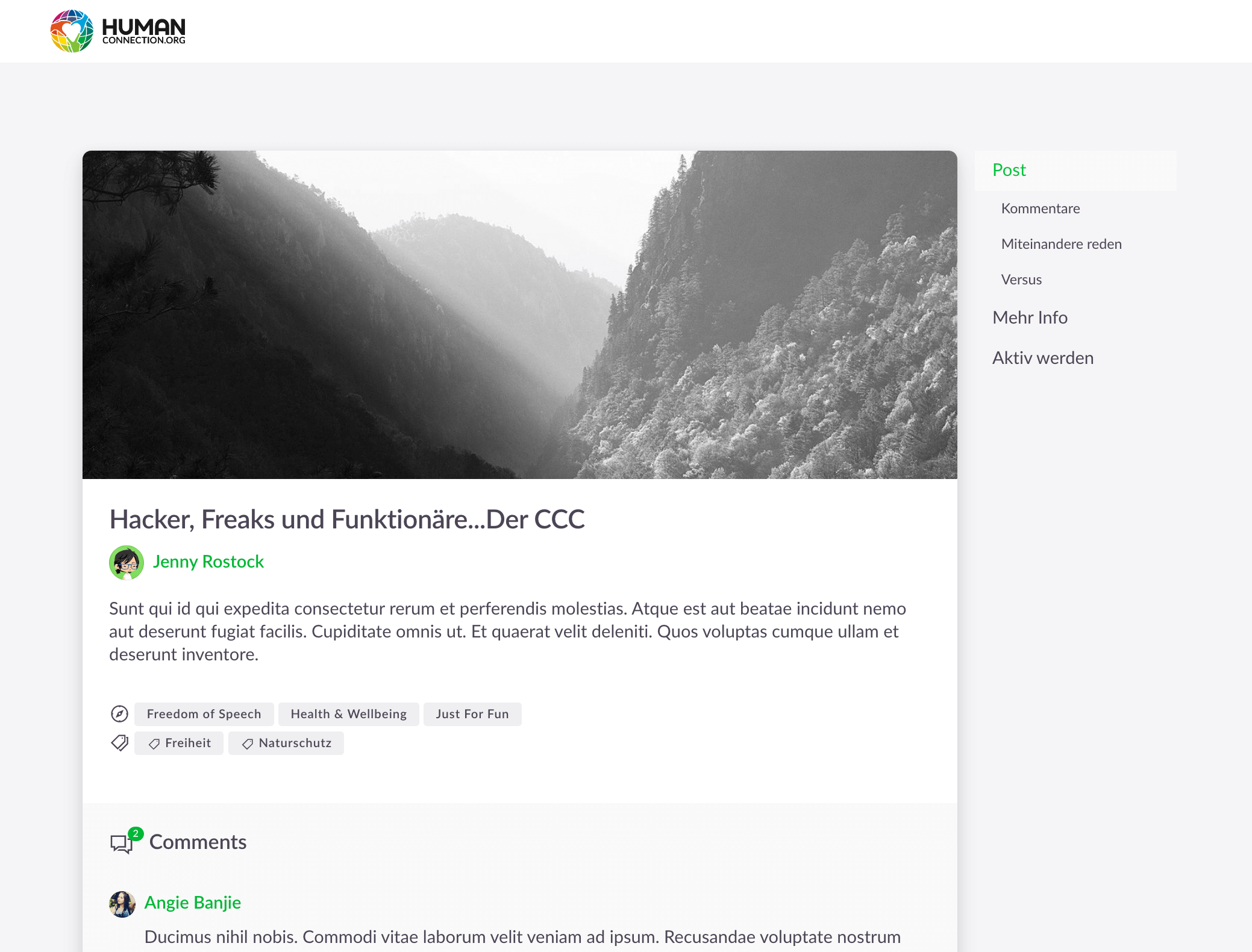Webapp
Webapp

Installation
For preparation you need a recent version of Node. We are using v25.3.0 and recommend to use node version manager nvm to switch between different local Node versions:
# install Node using '.nvmrc' file
$ cd webapp
$ nvm install
$ nvm useInstall node dependencies with yarn:
# install all dependencies
$ cd webapp
$ yarn install
# or just
$ yarn
# or just later on to use version of ".nvmrc" file
$ nvm use && yarnCopy:
# in webapp
cp .env.template .envConfigure the files according to your needs and your local setup.
Build for Development
# serve with hot reload at localhost:3000
$ yarn devBuild for Production
# build for production and launch server
$ yarn build
$ yarn startRun tests
We ensure the quality of our frontend code by using
- ESLint for checking our JavaScript code
- Jest and Vue Test Utils to unit test our components
- Storybook to document and manually test our components in an isolated playground
For more information see our frontend testing guide. Use these commands to run the tests:
::: tabs @tab:active With Docker
After starting the application following the above guidelines, open new terminal windows for each of these commands:
# run eslint
$ docker-compose exec webapp yarn lint# run unit tests
$ docker-compose exec webapp yarn test# start storybook
$ docker-compose exec webapp yarn storybookYou can then visit the Storybook playground on http://localhost:3002
@tab title Without Docker
After starting the application following the above guidelines, open new terminal windows and navigate to the /webapp directory for each of these commands:
# run eslint in /webapp (use option --fix to normalize the files)
$ yarn lint# run unit tests in /webapp
$ yarn test# run locales in /webapp (use option --fix to sort the locales)
$ yarn locales# start storybook in /webapp
$ yarn storybookYou can then visit the Storybook playground on http://localhost:3002
:::
Maintenance Mode
For installing and running the maintenance mode see Maintenance Mode.
Styleguide Migration
We are currently in the process of migrating our styleguide components and design tokens from the Nitro Styleguide into the main ocelot.social repository and refactoring our components in the process. During this migration, our new components will live in a _new/ folder to separate them from the old, yet untouched components.
Folder Structure
The folder structure we are following is prescribed by Nuxt.js:
- assets contains icons, images and logos in
svgformat and all shared SCSS files such astokens - components separated into two sub-folders:
- generic are the generic building blocks of the app – small, reusable and usually not coupled to state
- features are composed of components but tied to a particular function of the app (e.g.
commentorpost)
- layouts can use components to create layout templates for pages
- pages are the entry points for all
routesin the app and are composed of layouts, features and components